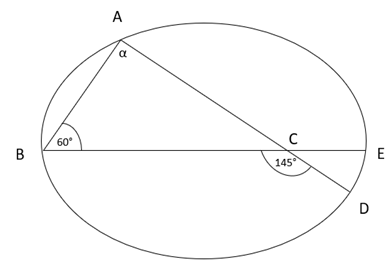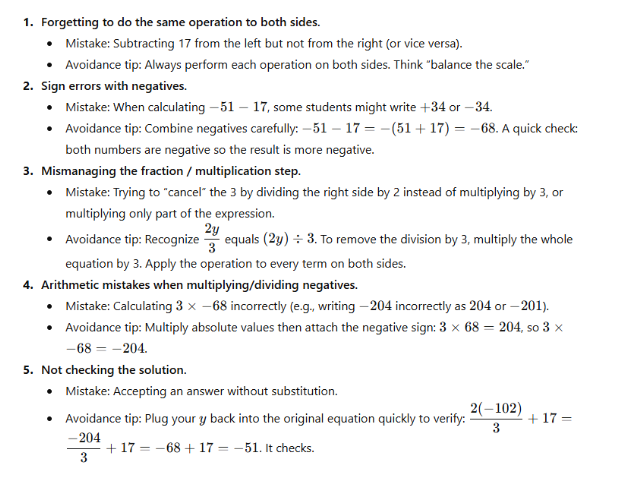The NWEA MAP Growth Test for 8th Grade provides a clear indication of high-school readiness by assessing students’ progress in core analytical and reasoning skills. I’m Ariav Schlesinger, a MAP Growth specialist offering an academic overview of what the assessment examines at this stage.
This page includes:
- Free 8th grade MAP questions in Math, Reading, and Language Usage
- Explanations that clarify the reasoning behind each answer
- A summary of key skills assessed before high school
- Score information specific to 8th grade
- Common MAP Growth questions for upper middle school students
Explore free questions and learn how our preparation resources support a strong transition into high school.
Sample Math Questions | Sample Reading Questions | Sample Language Usage Questions | Scores Explained | How to Prep | Our PrepPack | FAQs
8th Grade NWEA MAP Free Sample Questions
NWEA MAP Math
The 8th Grade NWEA MAP Math section assesses deeper understanding of mathematical reasoning. Students face algebraic expressions, geometric applications, and multi-step word problems that require logic and persistence.
Main Math Areas:
- Number Sense and Computation
- Algebraic Concepts and Linear Equations
- Geometry and Measurement
- Ratios, Rates, and Proportional Reasoning
- Statistics and Probability
NWEA MAP Reading
The 8th Grade NWEA MAP Reading section challenges students to analyze structure, tone, and argument within both fiction and nonfiction texts. It measures how well students interpret text, identify figurative language, and draw evidence-based conclusions.
Reading Types:
- Literary Texts (fiction, poetry, drama)
- Informational Texts (articles, essays, scientific passages)
- Vocabulary in Context (prefixes, roots, and idioms)
Language Usage
The 8th Grade NWEA MAP Language Usage section measures students’ command of grammar, sentence structure, and clarity in writing. At this level, students edit for tone, precision, and logical flow.
Main Language Areas:
- Mechanics (capitalization, punctuation, spelling)
- Parts of Speech
- Usage and Sentence Clarity
- Writing Process and Development
Understanding Your 8th Grader’s MAP Growth Scores
After your child takes the MAP Growth Test, you'll receive a Family Report that shows how your child is learning and progressing over time. This report uses the RIT scale, a consistent measurement tool that tracks skills in reading, math, and language usage regardless of grade level.
Key Components of MAP Growth Scores
Your child's Family Report includes four main measurements:
- RIT Score - Shows the difficulty level your child can handle and tracks growth over time
- Percentile Ranks - Compares performance to peers nationally
- Growth Norms - Measures progress compared to students at the same starting level
- Projected Proficiency - Predicts performance on state exams and readiness for high school coursework
- Understanding RIT growth helps families and teachers set realistic goals and track learning progress as your child prepares for the transition to high school.
Do you want to understand these scores in detail? Learn more about interpreting MAP Growth scores and what each metric means for high school readiness.
How Can Parents Help at Home?
8th Grade MAP Growth Test Preparation: Setting Your Child Up for High School
The 8th Grade MAP Growth Test is more than an assessment. It is a predictor of high school success. Strong scores demonstrate readiness for honors classes, AP coursework, and the academic rigor that defines high school achievement.
Analyze Together
- Review sample math and reading questions as a team
- Discuss how your child reached their answers
- Identify problem-solving strategies that work
Encourage Deeper Reading
- Talk about symbolism, tone, and author's purpose
- Move beyond plot summary to analytical thinking
- Practice the critical reading skills required in high school
Promote Problem-Solving
- Let your child explain multi-step math approaches
- Work through algebra concepts together
- Build the logical reasoning needed for high school math
Balance Confidence and Challenge
- Celebrate effort and improvement, not just scores
- Frame mistakes as learning opportunities
- Build resilience for high school's increased demands
Preparing Your Child for 8th Grade Success with Our MAP Test Prep Pack
We created the 8th Grade MAP Growth Preparation Pack specifically to prepare students for high school success. This comprehensive resource strengthens the core skills needed for honors courses, advanced math, and college-prep English.
What’s Included:
- Full-Length Practice Tests: Simulate the adaptive MAP test to build focus and endurance.
- Step-by-Step Quizzes: Focused drills in algebra, reading comprehension, and grammar.
- Video Lessons: Short lessons breaking down tricky topics and question types.
- Study & Parent Guides: Practical tips for tracking growth and motivating consistent study habits.
The transition from middle school to high school is critical. Strong 8th Grade MAP Growth scores open doors to honors classes, advanced placement opportunities, and long-term academic success. Our MAP Growth Preparation Pack ensures your child enters high school ready to excel.
Ask Ariav

Ariav Schlesinger is a certified teacher with a Master's in Education and a MAP Growth specialist with over a decade of experience developing 8th Grade MAP-aligned questions. His materials include clear explanations that strengthen advanced reasoning across math, reading, and language usage, build problem-solving and analytical skills, and help 8th graders gain confidence and perform their best on the MAP Growth test.
FAQs About the MAP Test Prep for 8th Grade
Yes. It measures skills directly connected to Common Core benchmarks in math, reading, and writing.
Preparation reduces anxiety and allows students to demonstrate their true capabilities.
Students scoring in the 95th percentile or above may be flagged for gifted program consideration.
Each section includes around 40–43 adaptive questions that adjust to ability level.
Each section takes about an hour, but the test is untimed so students can work at their own pace.
Practice tests, topic quizzes, video lessons, and detailed explanations across all sections.
Starting 3–4 weeks before the test allows for gradual skill-building and review.
Most students score between 225–235 in math and reading; growth over time is what matters most.
Yes. MAP Growth reports let you see consistent learning gains between fall, winter, and spring tests.











